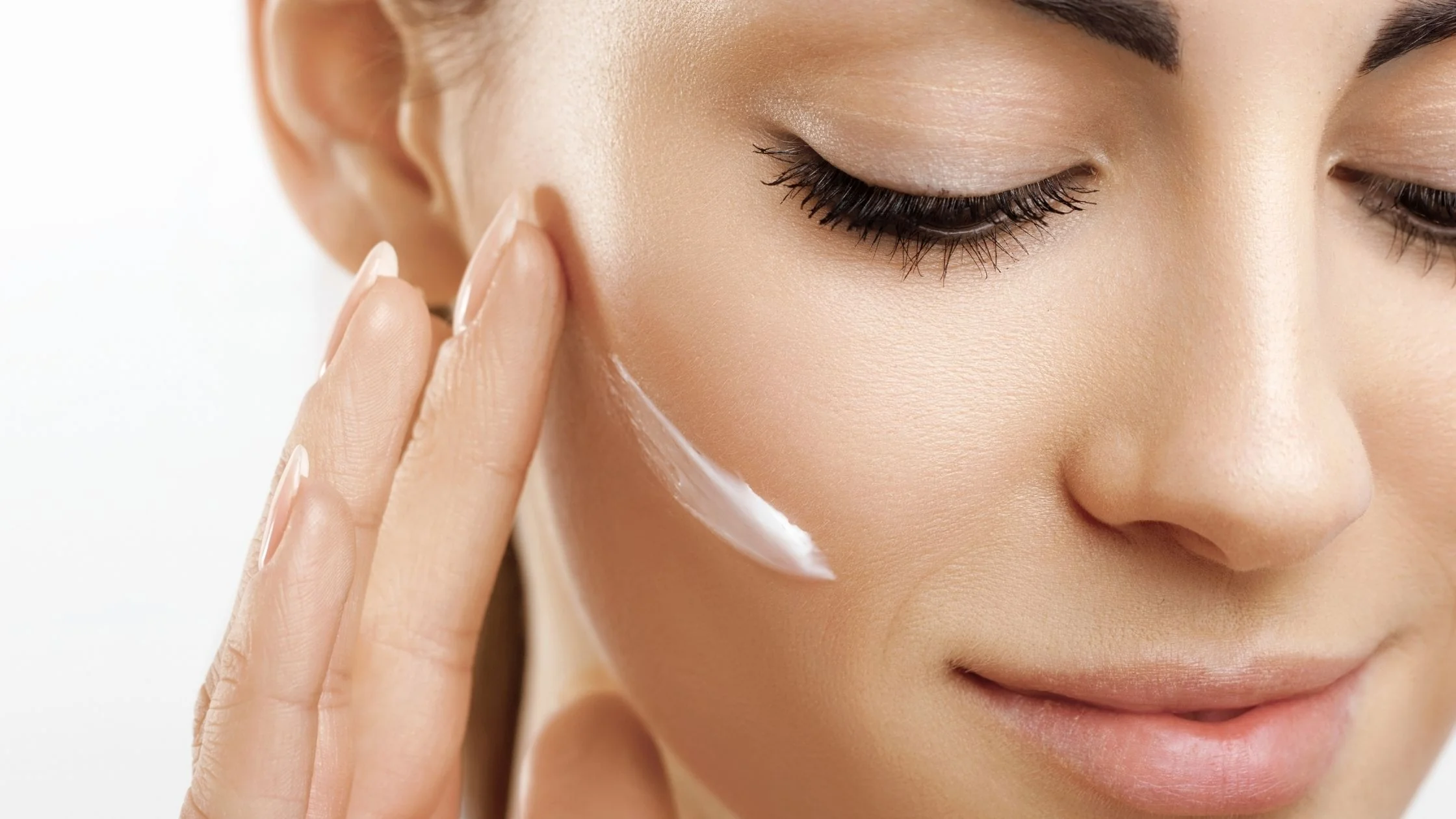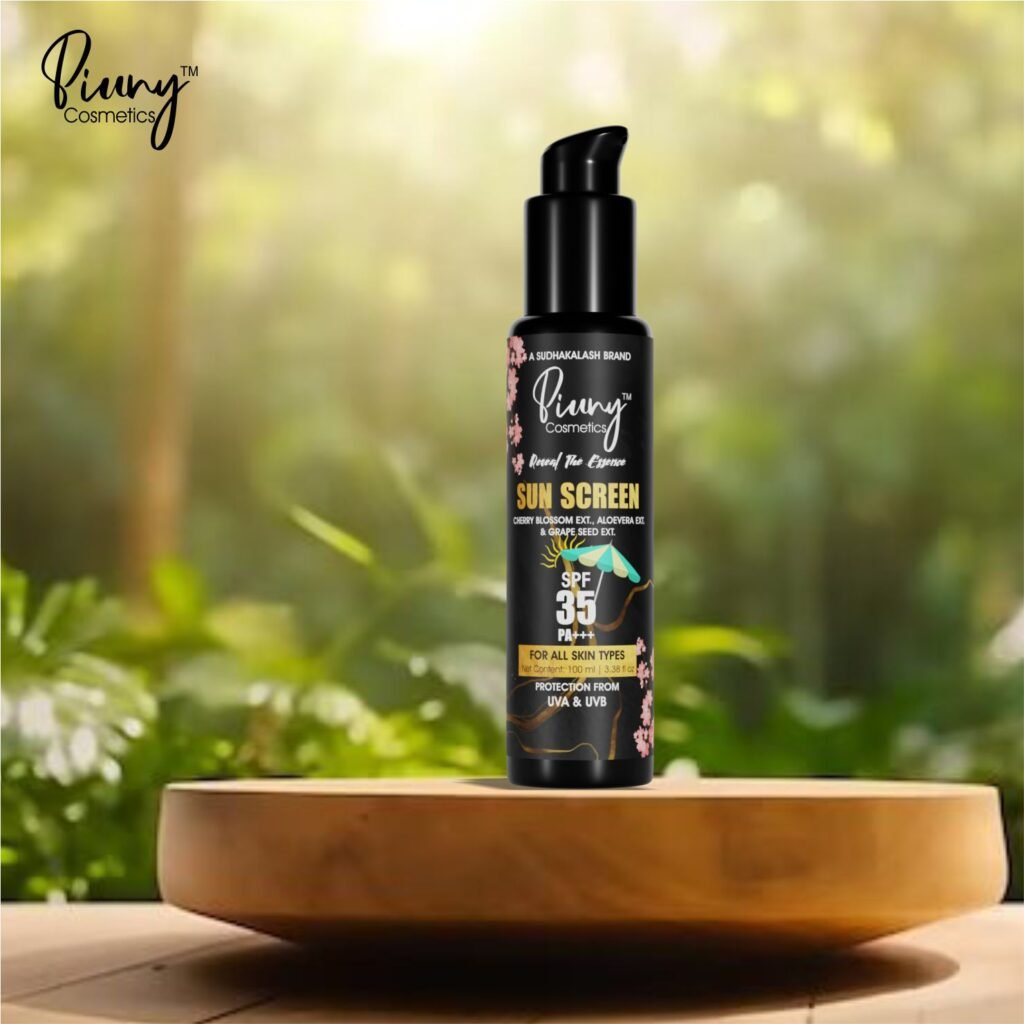Your cart is currently empty!

The Best Sunscreen For Oily Skin

Choosing the right sunscreen can be a daunting task, especially for those with oily skin. With the multitude of options available on the market, it’s essential to select a product that provides adequate protection without exacerbating oiliness or causing breakouts. In this guide, we’ll explore how to choose the best sunscreens specifically tailored to oily skin types.
Understanding Oily Skin
Oily skin is characterized by excess sebum production, resulting in a shiny complexion and enlarged pores. Individuals with oily skin often experience issues such as acne, blackheads, and congestion due to the buildup of oil and impurities on the skin’s surface.
Why Sunscreen is Essential for Oily Skin
Despite common misconceptions, sunscreen is essential for all skin types, including oily skin. Sunscreen helps protect the skin from harmful UV rays, which can cause damage, premature aging, and even skin cancer. Additionally, some sunscreens are formulated to control excess oil production and mattify the skin, making them ideal for oily skin types.
Key Factors to Consider When Choosing Sunscreen
When selecting sunscreen for oily skin, several factors should be taken into account to ensure optimal protection and comfort:
- Non-comedogenic formula: Look for sunscreens labeled as non-comedogenic, meaning they won’t clog pores or exacerbate acne.
- Oil-free and lightweight texture: Opt for lightweight, oil-free formulas that won’t feel heavy or greasy on the skin.
- Broad-spectrum protection: Choose sunscreens that offer broad-spectrum protection against both UVA and UVB rays.
- Matte finish: Seek sunscreens with a matte finish to help absorb excess oil and reduce shine throughout the day.
- Additional skincare benefits: Consider sunscreens that contain ingredients like antioxidants or mattifying agents to provide additional skincare benefits while protecting the skin from the sun.
Ingredients to Look For
Certain ingredients are particularly beneficial for oily skin when included in sunscreen formulations:
- Zinc oxide: Provides broad-spectrum protection and helps control oil production.
- Titanium dioxide: Offers protection against UV rays while soothing and calming the skin.
- Silica: Absorbs excess oil and provides a matte finish to the skin.
- Salicylic acid: Helps unclog pores and prevent acne breakouts.
- Hyaluronic acid: Hydrates and plumps the skin without adding excess oil.
Top Sunscreens for Oily Skin

Several sunscreens are specifically formulated to address the needs of oily skin. Here are some top recommendations:
- Piuny sunscreen : Oil-free formula with SPF 30 and a matte finish.
- Piuny sunscreen : Non-comedogenic sunscreen gel with SPF 50 and antioxidant protection.
- Piuny sunscreen : Lightweight sunscreen lotion with salicylic acid for acne-prone skin.
Application Tips
Proper application of sunscreen is essential for effective protection. Follow these tips for best results:
- Apply sunscreen generously to all exposed areas of the skin at least 15 minutes before sun exposure.
- Reapply sunscreen every two hours, or more frequently if sweating or swimming.
- Use a gentle, non-comedogenic cleanser to remove sunscreen at the end of the day.
Common Mistakes to Avoid
To ensure maximum efficacy and comfort, avoid the following common mistakes when choosing sunscreen for oily skin:
- Using sunscreen with heavy, pore-clogging ingredients that can exacerbate oiliness and acne.
- Skipping sunscreen altogether due to fear of breakouts, as unprotected sun exposure can lead to skin damage and premature aging.
- Neglecting to reapply sunscreen throughout the day, especially during prolonged sun exposure or outdoor activities.
Also Read :- Top 5 Ingredients to Avoid if You Have Oily Skin
FAQs (Frequently Asked Questions)
FAQ 1: Can oily skin benefit from using sunscreen?
Yes, oily skin can benefit from using sunscreen to protect against sun damage, premature aging, and skin cancer.
FAQ 2: Will sunscreen make my oily skin worse?
No, sunscreen formulated for oily skin can help control excess oil production and provide a matte finish without exacerbating oiliness.
FAQ 3: How often should sunscreen be applied to oily skin?
Sunscreen should be reapplied every two hours, or more frequently if sweating or swimming, to maintain adequate protection.
FAQ 4: Should I use a separate moisturizer with sunscreen for oily skin?
It depends on personal preference and skincare needs. Some individuals may prefer to use a separate moisturizer with sunscreen, while others may find that a combination product works well for their oily skin.
FAQ 5: Can I wear makeup over sunscreen for oily skin?
Yes, you can wear makeup over sunscreen for oily skin. Look for oil-free and non-comedogenic makeup products to prevent clogged pores and breakouts.
Conclusion
choosing the best sunscreen for oily skin involves considering factors such as formula, ingredients, and additional skincare benefits. By selecting a sunscreen specifically formulated for oily skin and incorporating it into your daily skincare routine, you can protect your skin from sun damage while




Leave a Reply